Contents
Maintenance of a rotary screw air compressor ensures trouble-free operation and maximises equipment life. In many cases, a regular maintenance program will eliminate the need for unscheduled repairs.
Simple, periodic inspection and cleaning of all accessible parts can help prolong compressor life and reduce downtime to an absolute minimum. In addition, it is vital to have the correct tools to perform these inspections and cleanings properly. This article discusses a simple maintenance schedule for a rotary screw compressor.
Visual Inspection
The first step in maintaining any rotary screw compressor is to perform a visual inspection. Regular visual inspections should be performed whenever the compressor runs. Look for any apparent damage, such as missing screws or leaks, and note any unusual noise or vibration.
If an inspection uncovers any problems, check the compressor frequently until all repaired items.
Inspecting The Crankcase And Cylinders
The crankcase should be checked for water leaks and the cylinders for oil leaks. Both of these conditions could damage internal parts and must be corrected immediately. Have a qualified service person determine the cause whenever a leak is discovered.
Leaking water or oil can damage mechanical parts and contaminate any product that flows into the compressor cylinder and the suction and discharge lines. Also, cast iron parts can rust if too much water enters the crankcase from a leaky seal.
Cleaning The External Parts
The external parts of the compressor should be cleaned regularly to prevent the accumulation of dust, dirt, and other contaminants. By using a garden hose, you can wipe them down. Be sure to remove any build-up around the inlet and exhaust ports, as this will restrict airflow and decrease compressor performance.
Checking The Belt
The belt should be checked for tightness regularly. A loose belt can cause some problems, including reduced compressor performance, excessive noise, and premature compressor failure. Belts should be replaced as soon as possible if they are worn out.
Lubricating The Bearings
The bearings should be lubricated regularly, preferably every time the compressor is operated. This can be done with an oil gun or a grease gun. Be sure to use the correct type of lubricant and apply it in the right amount. Excessive lubricant can cause problems such as bearing failure and compressor overload.
Cleaning The Cylinders
The cylinders should be cleaned regularly to prevent dust and other contaminants. The use of compressed air for this purpose is recommended, as it will blow away any loose particles rather than stirring them up as a liquid would do. If the liquid is used, care should be taken that no water enters the suction or discharge ports.
Replacement of the Air Filter
Regular air filter replacement is recommended, ideally every time the compressor is operated. This will help keep the compressor clean and prevent dust, dirt, and other contaminants in the air intake system.
Testing The Unloader Valve
Regularly testing the unloader valve is essential to ensure it operates as intended. If the valve fails to open, the compressor will overheat, and damage can occur. Simply cycle it from fully closed to open several times to test the unloader valve. This should be done regularly, at least after every compressor shutdown or once per week for non-shutdown units.
Checking The Air Pilot
Ensure that the air pilot is regularly inspected for leaks. A leak can allow liquid to enter the suction line, which will cause compressor damage if allowed to accumulate. Simply place your finger over the airport while turning on the unit to check the pilot. If the liquid is leaking through or if no air is coming out, the pilot is spreading and must be repaired.
Why is the maintenance of rotary screw essential?
As with any piece of equipment, proper maintenance is essential for ensuring that the rotary screw compressor operates at peak performance and lasts for a long time.
By following the appropriate maintenance procedures, you can help avoid decreased compressor performance, excessive noise, and premature compressor failure.
AdRegularaintenance will help keep the compressor clean and free of contaminants, leading to longer component life and fewer downtimes.
Compressor maintenance is vital for a few key reasons
- To avoid decreased compressor performance.
- To avoid excessive noise.
- To avoid premature failure of the compressor.
- Maintaining the compressor’s cleanliness and ensuring its safety.
- To extend component life.
- To reduce downtimes.
If you neglect regular maintenance, decreased performance, excessive noise, and premature failure can occur. Additionally, neglecting routine maintenance will allow the compressor to become dirty with contaminants that can wear out components prematurely.
If parts are allowed to wear out or fail prematurely, unscheduled downtime for repairs will increase, and overall costs related to compressor operation will rise.
When should maintenance be done?
Compressor maintenance should be done regularly, preferably every time the compressor is operated. This will help ensure that the compressor is running at peak performance and helps avoid decreased compressor performance, excessive noise, and premature failure of the compressor.
Some errands can be deferred later if you cannot complete all the recommended maintenance tasks every time the compressor is operated. However, all recommended jobs should be conducted to ensure that the compressor runs peak performance.
In the event of an abnormality, what should you do?
If you encounter a problem during regular maintenance, such as a worn-out or leaking part, do not operate the compressor until the defective part has been replaced.
In some cases, problems identified during maintenance can be resolved by simply replacing a single faulty component. In other cases, multiple factors may need to be returned to fix the problem.
In any case, do not assume that a problem encountered during regular maintenance will resolve itself as the compressor continues to run. In many cases, issues identified during routine maintenance can cause more damage if they continue for an extended period. Repair or replace any defective part as soon as possible to avoid additional damage and unnecessary downtime.
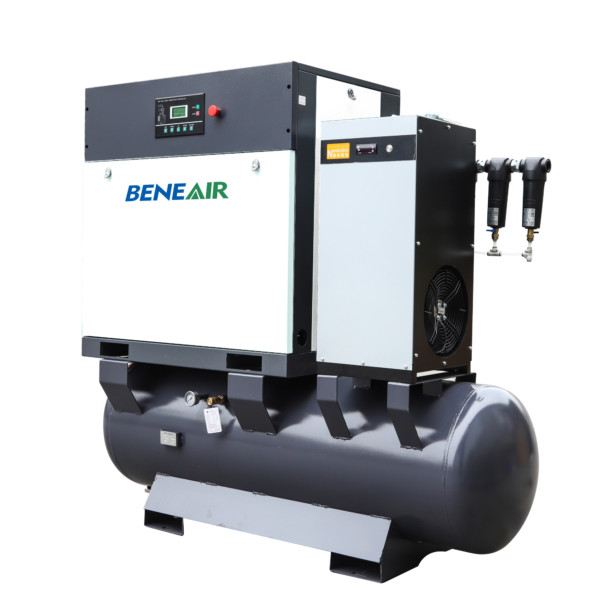
Maintenance is a significant part of keeping your rotary screw compressor running at peak performance. If you neglect regular maintenance, decreased performance, excessive noise, and premature compressor failure can occur. By following the proper maintenance procedures, you can help to avoid these types of problems and keep your compressor running smoothly.

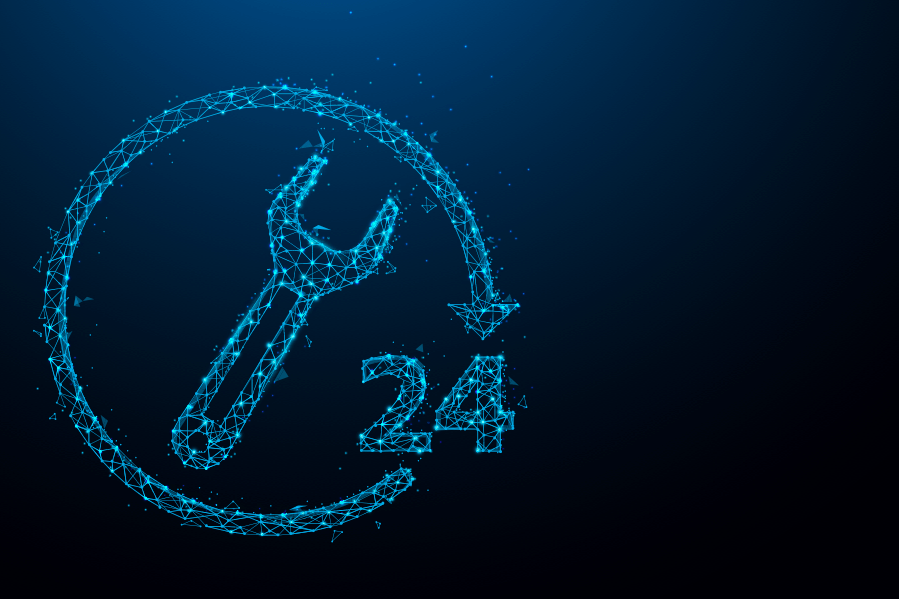
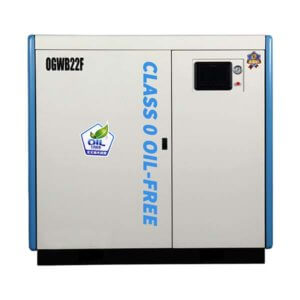
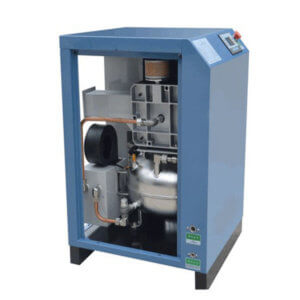
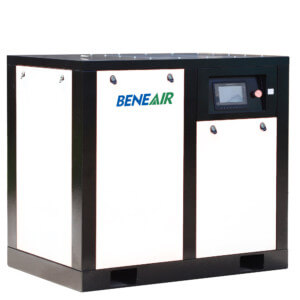




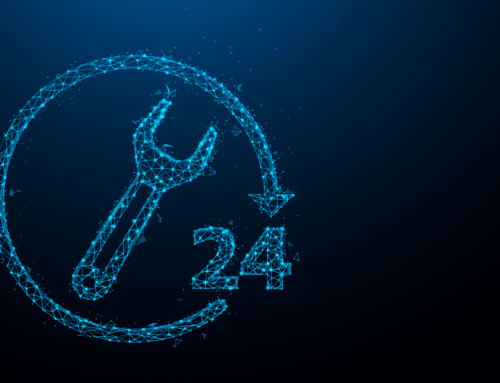
Leave A Comment